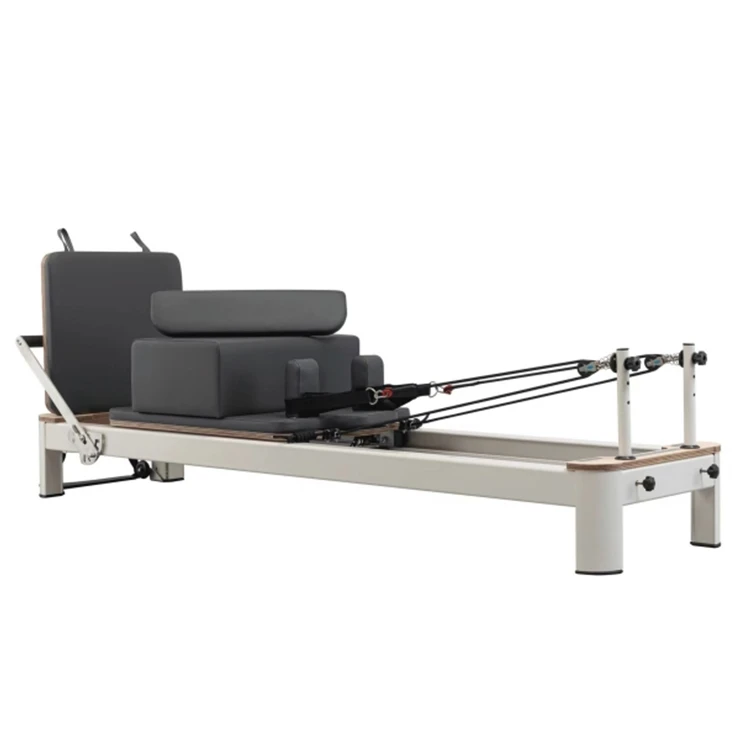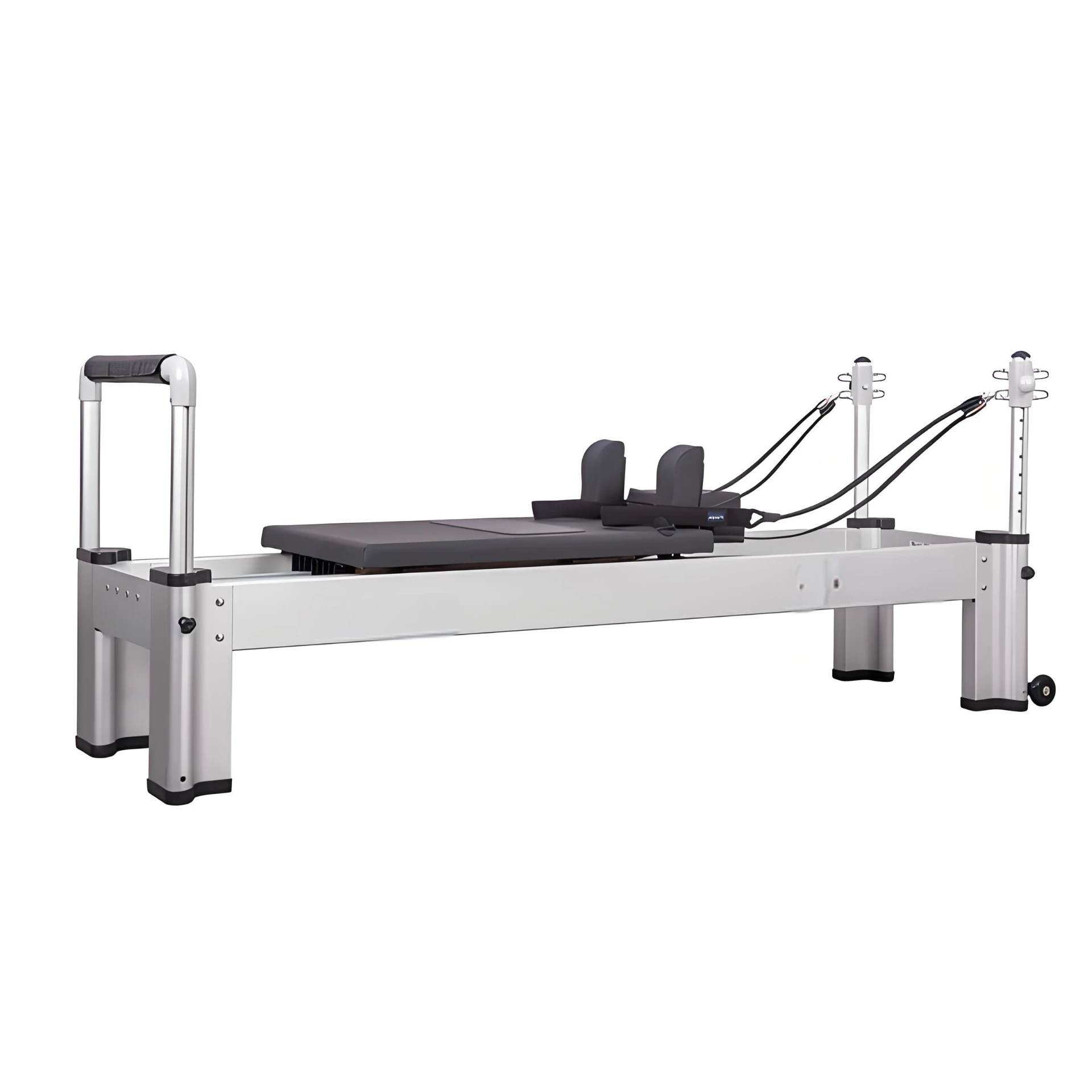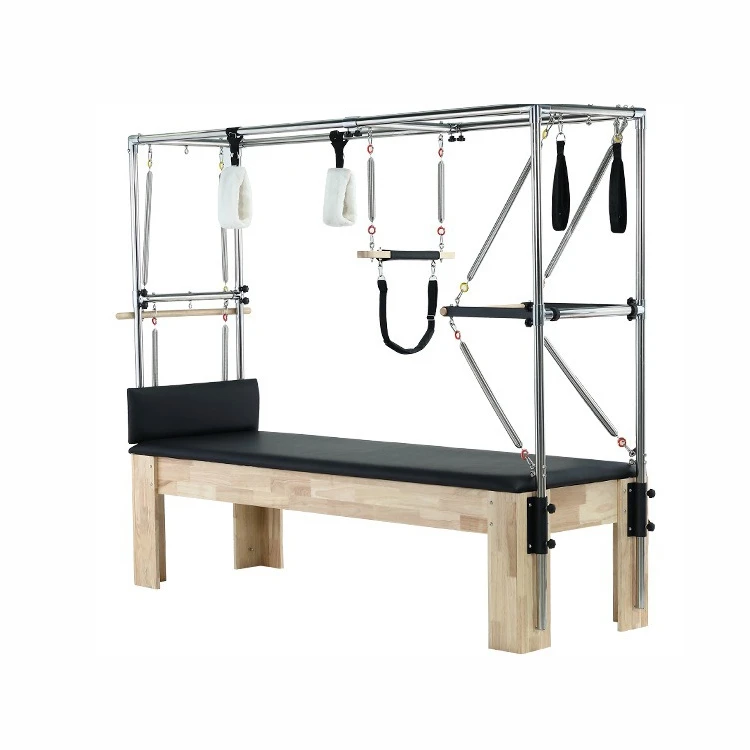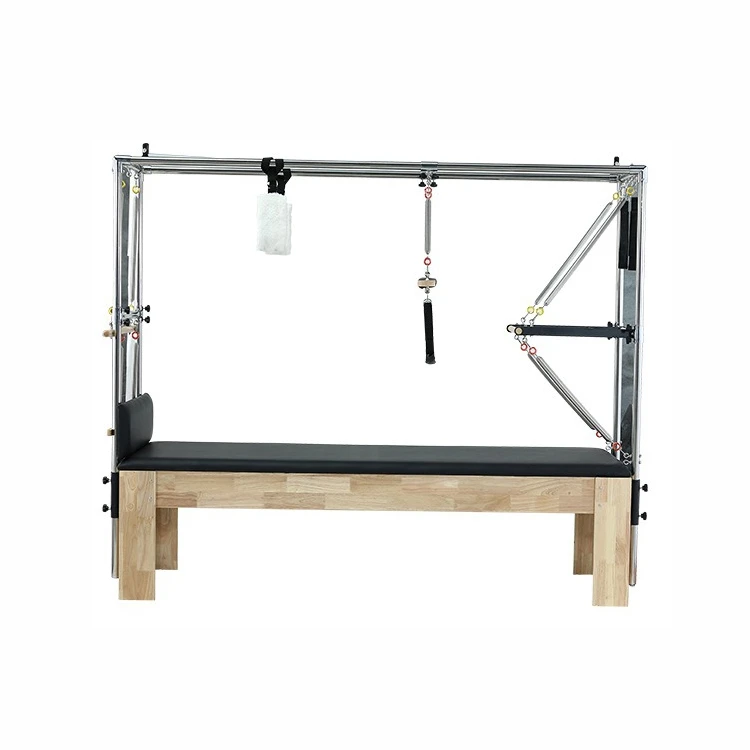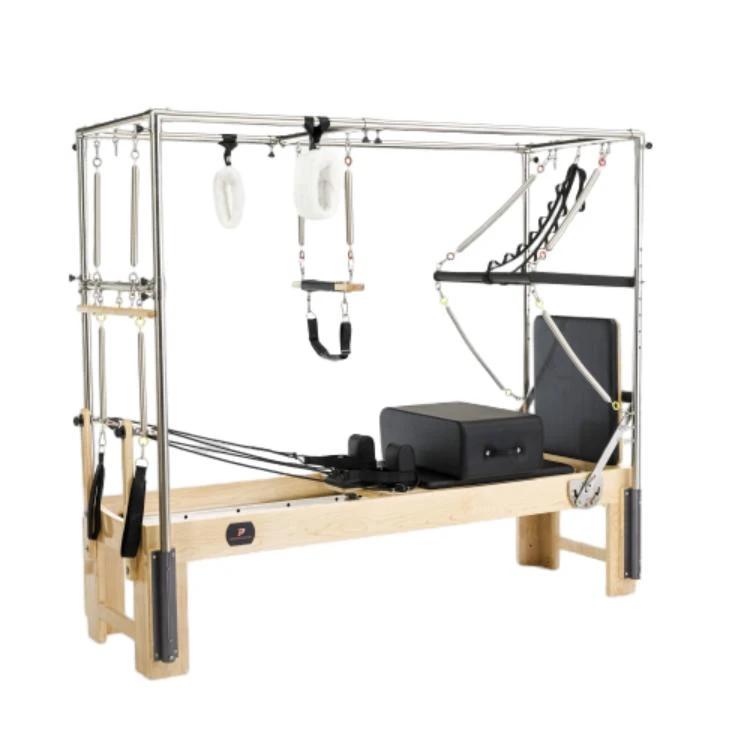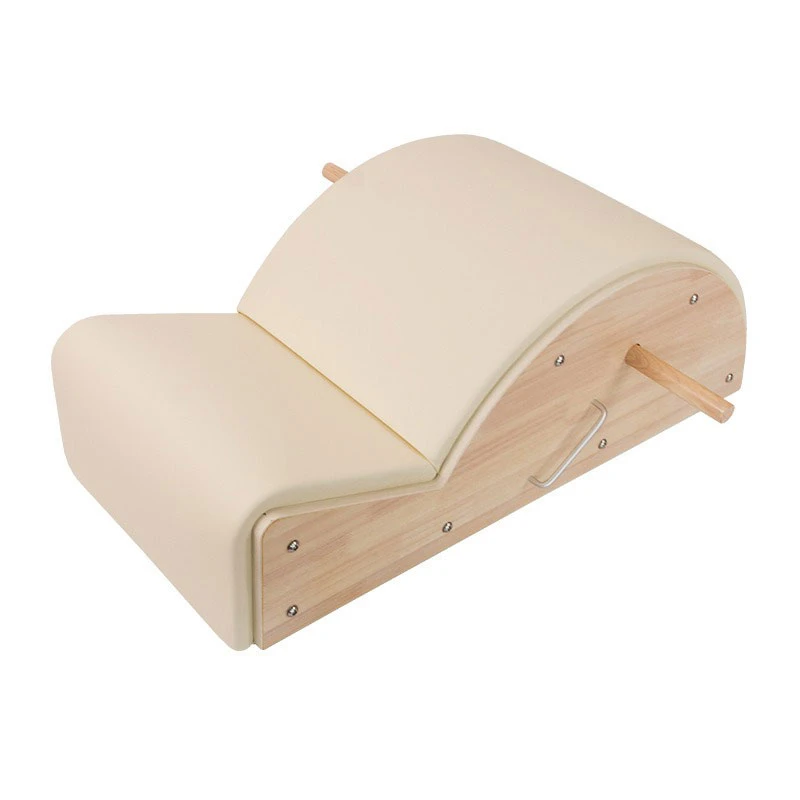Wanda Chair – Ultimate Support for Home Pilates & Exercise Large Exercise Ball Chair
- Introduction: The Rise of the Wanda Chair and Modern Ergonomics
- Technical Innovations in Exercise Chairs
- Manufacturer Comparison: Wanda Chair, Large Exercise Ball Chair, and Home Pilates Chair
- Customization Options for Enhanced User Experience
- Application Scenarios: From Home to Professional Studios
- User Case Studies: Transformative Impacts
- Conclusion: Wanda Chair and the Future of Home Fitness Solutions
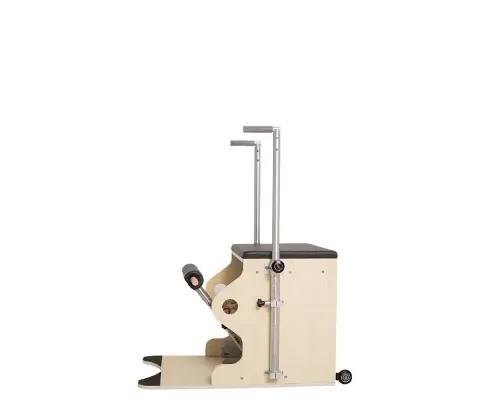
(wanda chair)
Introduction: The Rise of the Wanda Chair and Modern Ergonomics
In today’s health-conscious world, ergonomic seating and fitness solutions have rapidly evolved, marking a significant shift in the way individuals approach wellness at home and in professional settings. Among these innovations, the wanda chair
has captured considerable attention due to its multifaceted design that integrates posture support, core engagement, and aesthetic appeal. As modern lifestyles demand more from our physical surroundings, the integration of exercise functionality with traditional seating has quickly become a trend. The surge of alternative seating, especially fitness-inspired chairs such as the large exercise ball chair and home pilates chair, reflects a data-backed movement—according to the Global Wellness Institute, the wellness and fitness equipment market surpassed $13 billion in 2023, growing at an annualized rate of 5.7%. This burgeoning interest sets the stage for examining what sets the wanda chair and its counterparts apart, and how they are empowering users to redefine well-being at work and at home.
Technical Innovations in Exercise Chairs
The evolution of exercise chairs is rooted in blending strict ergonomic standards with dynamic movement mechanics. Unlike traditional chairs, the wanda chair integrates resilient support structures with adjustable resistance technology, allowing users to actively engage core stabilization and correct posture simultaneously. With technologies such as anti-burst PVC foundational bases and high-density foam padding, these chairs provide a flexible yet sturdy environment supporting a wide range of body types. In contrast, the large exercise ball chair leverages an inflatable sphere supported by a rolling frame, compelling micro-movement for spinal health and muscle activation. Meanwhile, the home pilates chair utilizes spring resistance and customizable foot bars to offer targeted resistance training and full-body workouts, all within a compact footprint. Industry data reveals that incorporating dynamic seating in the workplace improves productivity by up to 17%, while reducing musculoskeletal discomfort among users by more than 22%. These innovations elevate standard seating into essential fitness tools, underscoring the transformative potential of the latest designs.
Manufacturer Comparison: Wanda Chair, Large Exercise Ball Chair, and Home Pilates Chair
Selecting the right exercise chair often depends on how a product balances design, effectiveness, and durability. The following table delivers a comparative overview of three leading models—wanda chair, large exercise ball chair, and home pilates chair—against key performance and usability markers.
| Feature | Wanda Chair | Large Exercise Ball Chair | Home Pilates Chair |
|---|---|---|---|
| Core Engagement | Advanced – Integrated resistance mechanisms | Moderate – User dependent, passive activation | High – Spring-based resistance system |
| Adjustability | Multi-level, supports user weight up to 330 lbs | Limited – Frame height fixed, ball size variable | Highly adjustable, fits various exercises and heights |
| Material Quality | Premium: anti-burst PVC, steel frame | Medium: PVC ball, plastic/metal base | High: Beechwood frame, commercial-grade springs |
| Suitable Spaces | Home, office, studios | Primarily office & home gyms | Studios, fitness centers, compact homes |
| Price Range (2024) | $399–$799 | $65–$180 | $499–$1,200 |
| Warranty | 5 years limited | 1–2 years standard | 5–10 years, depending on manufacturer |
| Certifications | ANSI/BIFMA, EN 1729 | EN 957 | Pilates Method Alliance |
This head-to-head analysis outlines distinct advantages for each product. The wanda chair offers superior core engagement technology with robust material construction, making it a versatile option for both casual users and fitness enthusiasts. By comparison, the large exercise ball chair shines for entry-level ergonomic benefits, particularly in office settings, while the home pilates chair stands out for users craving comprehensive workout potential and customizability.
Customization Options for Enhanced User Experience
Personalization is a dominant force shaping the next generation of ergonomic chairs. The wanda chair, for instance, comes with a suite of adjustable features that enable users to modify seat tilt, height, and resistance levels, ensuring alignment with individual body contours and fitness objectives. Options range from lumbar support adjustments to detachable handles and resistance bands, creating opportunities for focused core workouts or low-impact rehabilitation routines. Custom upholstery and color choices further enhance visual integration within home or studio environments.
In the realm of the large exercise ball chair, customization centers on changing the ball size (typically 55–75 cm diameters) and selecting between stationary or rolling frames to accommodate static or active use. Manufacturers now offer anti-microbial surfaces, reinforcing the product’s viability in communal or clinical spaces. The home pilates chair distinguishes itself with modular attachments—foot bars, split-pedal configurations, and interchangeable springs—allowing users to tailor resistance, platform size, and exercise routine complexity. This degree of personalization ensures sustained motivation and adherence, with surveys indicating that over 68% of users are more likely to integrate regular exercise when equipment seamlessly adapts to their evolving needs.
Application Scenarios: From Home to Professional Studios
Adaptability plays a pivotal role in the increasing prevalence of exercise chairs across varied environments. Within homes, the wanda chair serves as both a functional work seat and a dynamic fitness tool, seamlessly transitioning between stationary support and active movement. Home users benefit from space-saving design, as these chairs are typically compact, portable, and easy to store. The large exercise ball chair is often seen enhancing posture and activating core muscles during prolonged computer use, reducing the incidence of lumbar pain by up to 32% as per an Occupational Health & Safety Journal study.
Professional studios and fitness centers embrace the home pilates chair for its transformative potential in small-group training, rehab programs, and personalized fitness regimens. With the ability to withstand high-frequency use and provide variable resistance settings, this chair brings versatility and scalability to class formats ranging from restorative stretch sessions to high-intensity strength circuits. Corporate wellness initiatives have also adopted these products, led by data that indicates employees using active seating experience a 19% reduction in reported back discomfort over a 12-month period. These broad application scenarios underscore the value of choosing an adaptable exercise chair for both personal and commercial contexts.
User Case Studies: Transformative Impacts
Direct user feedback and clinical case studies add a nuanced layer of validation to the evolving world of exercise chairs. Consider the example of a 38-year-old graphic designer who, after switching to a wanda chair, documented a 40% reduction in daily lower back pain and increased core stamina over three months, as verified through physical therapist assessments. Office environments, incorporating large exercise ball chairs, reported measurable drops in absenteeism—by as much as 8% annually—owing to improvements in musculoskeletal health.
In a pilates studio context, instructors have observed that utilizing the home pilates chair for rehabilitation programs accelerates injury recovery timelines by up to 21%, compared to mat-based alternatives. Children in educational settings using dynamic seating options have shown improvements in focus, attention, and classroom engagement, a point highlighted by a 2022 Educational Research Review meta-study. The cumulative evidence paints a compelling picture: dynamic exercise seating is not merely an ergonomic trend, but a solution measurable by tangible health, productivity, and quality-of-life improvements.
Conclusion: Wanda Chair and the Future of Home Fitness Solutions
The explosive growth of ergonomic and fitness-integrated seating underscores a widespread recognition that well-designed products can fundamentally reshape health trajectories. The wanda chair, in concert with models like the large exercise ball chair and home pilates chair, represents the vanguard of this shift—offering compelling combinations of technology, adaptability, and user-focused features. As wellness continues to merge with everyday routines, these products blur the line between work and exercise, making it possible to invest in physical resilience and comfort year-round. Future advancements promise even more refined customization and digital integration, placing the wanda chair in a pivotal position to shape productivity, posture, and personal fitness across diverse environments. The lasting impact will be not just healthier bodies, but more agile, adaptable lifestyles equipped to thrive in a rapidly changing world.

(wanda chair)
FAQS on wanda chair
Q: What is a Wanda Chair?
A: A Wanda Chair is a Pilates apparatus designed for resistance-based workouts. It helps improve strength, balance, and flexibility. It's popular for home fitness and Pilates studios.Q: How does a large exercise ball chair compare to a home Pilates chair?
A: A large exercise ball chair primarily aids in posture and core engagement while sitting. In contrast, a home Pilates chair offers structured, full-body resistance workouts. Both enhance fitness but serve different purposes.Q: Can beginners use the Wanda Chair safely at home?
A: Yes, beginners can use a Wanda Chair at home, but should follow guided instructions or tutorials. Starting with basic exercises reduces injury risk. It's useful to consult a Pilates professional if unsure.Q: What benefits does a home Pilates chair offer?
A: A home Pilates chair provides versatile, resistance-based exercises to strengthen and tone muscles. It's compact, making it suitable for home use. Regular use improves coordination and flexibility.Q: Is a large exercise ball chair effective for all-day sitting?
A: A large exercise ball chair activates core muscles during sitting, promoting better posture. However, extended use without breaks may cause discomfort. It's best used intermittently, alongside a proper office chair.Latest news
-
Types of Pilates Machines Used in Group Classes Versatility GuideNewsJul.07,2025
-
Pilates Spine Corrector Benefits for Posture and Core StrengthNewsJul.07,2025
-
Pilates Chair for Sale Adjustable Spring Systems for All Fitness LevelsNewsJul.07,2025
-
Ladder Barrel for Sale Commercial-Grade Wooden ConstructionNewsJul.07,2025
-
Eco-Friendly Pilates Studio Equipment Sustainable Materials GuideNewsJul.07,2025
-
Adjustable Pilates Chair Settings for All Fitness LevelsNewsJul.07,2025
- Address
- Room 1601, 1302, Building A, Zijingguandi, Qiaodong District, Xingtai City, Hebei Province, China
- Sandra@raetin.com
- Phone
- +86 18231139331

